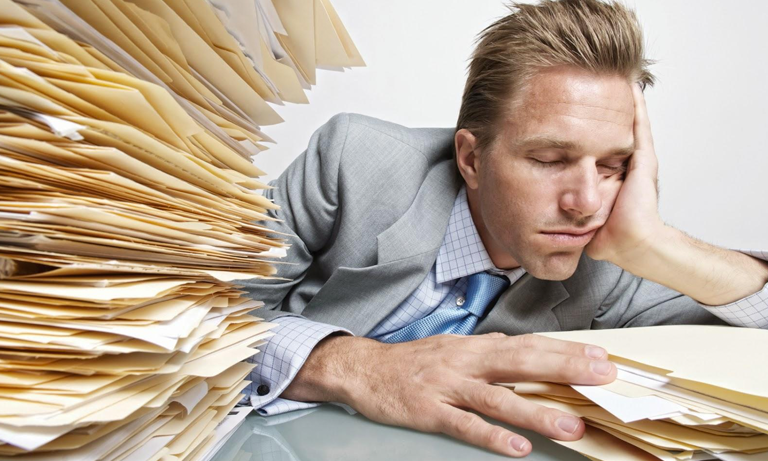 Better sleepers are also driven by a more positive mood when they wake up
Better sleepers are also driven by a more positive mood when they wake upThe stresses and worries of work are notorious for keeping people awake at night, but now new research1 has revealed which professions are struggling the most to get a decent night’s sleep.
The survey of 1,000 adults, conducted by bed and sleep specialist Time 4 Sleep, found that operations professionals are the most sleep deprived, with more than a third (37%) rating their sleep quality as either poor or awful.
Workers in the pressurised industry of sales came in second place, with 31% struggling to get a good night’s sleep. They were closely followed by tradesmen, with 30% of plumbers, electricians and builders not satisfied with their sleep quality.
Surprisingly, retired (37%) and unemployed (40%) Brits rated their sleep worse than employees in any industry, showing how the strains of the workplace are just some of the many things keeping the nation awake at night.
The top ten most sleep-deprived professions, rating their sleep quality as either poor or awful, are:
- Operations – 37%
- Sales – 31%
- Plumber/electrician/builder – 30%
- Other – 27%
- Administration/office worker – 25%
- Teacher – 24%
- Retail/shop floor – 22%
- Director/owner – 21%
- Civil servant – 18%
- Self-employed – 17%
In contrast, it’s sweet dreams for HR and recruitment professionals, with three quarters (75%) of the industry rating their sleep quality as either good or excellent. Other well-rested Brits include lawyers and those working in financial services, with 70% and 71% of these employees getting a restful night’s sleep respectively.
The top five professions with the best sleep quality are:
- HR/recruitment – 75%
- Finance – 71%
- Lawyer – 70%
- Accounts – 69%
- Director/owner – 62%
For those looking for advice on how to improve their sleep, the research also revealed what these best-rested professions credit for their successful snoozing.
In recent years, attempts to solve sleeping issues have grown more complicated and technological, but despite this, the top three occupations all believe that a quality mattress is the best way to improve sleep quality. They also feel that a person’s lifestyle has a huge impact, with diet, general health and happiness all thought to majorly influence how well someone sleeps.
Modern attempts to improve sleep quality are significantly less popular, not only with these professions, but across the whole nation. In fact, just one in twelve (8%) Brits believe that sleep trackers have any impact on sleep quality.
Staggeringly, among those who have used the devices, nearly two thirds (62%) believe that they make no difference to how they sleep, or even worsen sleep quality.
Jonathan Warren, director at Time 4 Sleep, said: “It’s fascinating to see the substantial differences in sleep quality between the different professions, but the fact that over a quarter of the nation rate their sleep as either poor or awful raises concerns.
“With this in mind, it’s perhaps worth listening to the country’s best sleepers and adopting some of their good practices. It’s seems the traditional methods of improving sleep are still the most trusted and a good mattress is always a worthwhile investment for a home”.
For advice on how to choose the best mattress for you, read Time 4 Sleep’s guide here: https://www.time4sleep.co.uk/advice/choosing-perfect-mattress








